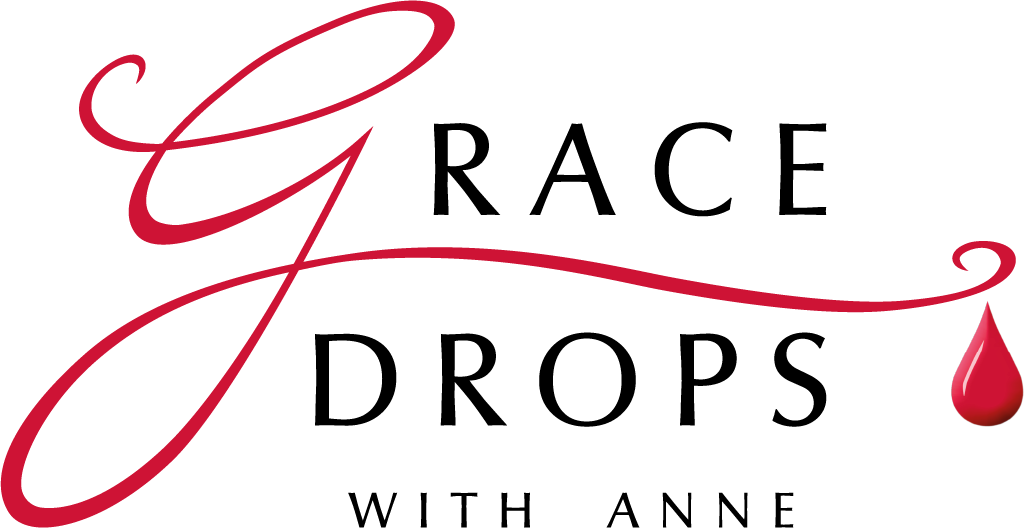Of all the ceremonies in Scripture that describe the circumstances when a covenant was raised, I think top prize for ‘different’ has to go to Mary of Bethany.
She did it with oil. Not unheard of. Hosea 12:1 mentions it, but it’s rare—very rare.
Six days before the Passover, Jesus came to Bethany, where Lazarus lived, whom Jesus had raised from the dead. Here a dinner was given in Jesus’ honour. Martha served, while Lazarus was among those reclining at the table with Him. Then Mary took about a pint of pure nard, an expensive perfume; she poured it on Jesus’ feet and wiped His feet with her hair. And the house was filled with the fragrance of the perfume.
But one of His disciples, Judas Iscariot, who was later to betray Him, objected, ‘Why wasn’t this perfume sold and the money given to the poor? It was worth a year’s wages.’ He did not say this because he cared about the poor but because he was a thief; as keeper of the money bag, he used to help himself to what was put into it.
‘Leave her alone,’ Jesus replied. ‘It was intended that she should save this perfume for the day of My burial. You will always have the poor among you, but you will not always have Me.’
John 12:1–8 NIV
Mark adds an extra line to Jesus’ speech:
Truly I tell you, wherever the gospel is preached throughout the world, what she has done will also be told, in memory of her.
This is a very significant comment because I believe it identifies Mary of Bethany as Mary Magdalene. In fact, this is the very moment I think she was given the title, ‘The Magdalene’—the watchman.
You see, when Mary anointed Jesus with nard and myrrh, washing His feet with her tears, she became His king-maker. The following morning He rode into Jerusalem on a donkey. A true king had to be anointed with oil and have living water poured over Him. This is the office Mary performed.
But, more than that, she offered Him her name, her calling, her allegiance. The Hebrew name ‘Mary’, or more accurately, ‘Miriam’, comes from the same word root as myrrh and is related to salt water. She used oil of myrrh and her salty tears in the ceremony. Jesus then told everyone that what she did will be told, in memory of her, wherever the gospel is preached. That word, memory, is related to ‘Mary’ through a branch of the same word-tree as ‘Samaria’, watchtower from watchman. Samaria means the same as Magdala.
This seems to be the only time anyone initiates a name covenant with God, rather than the other way around. That makes it a very special occasion.
It also tells us it’s not impossible for us to approach Jesus about a name covenant first. This, after all, is a precedent we can cite.
This is Grace Drops and I’m Anne Hamilton. May the covenantal defence of Jesus be yours today.
Thank you to Lorna Skinner of www.riversofmusic.co.uk for the background music.

Covenant is at the heart of the Christian faith. It’s necessary to understand it in order to understand what can go wrong with it and how covenant violation affects our ability to come into our life’s calling. Name covenant, such as that of Mary Magdalene, Abraham, Jacob and many others is discussed in Name Covenant: Invitation to Friendship from the Strategies for the Threshold series published by Armour Books.

